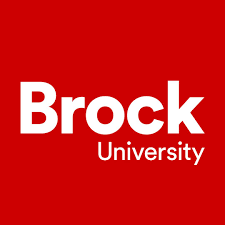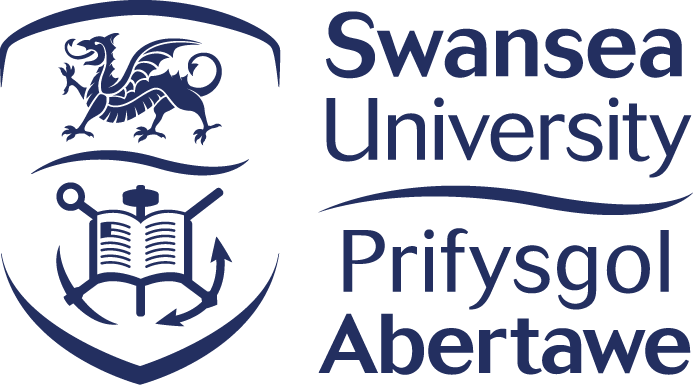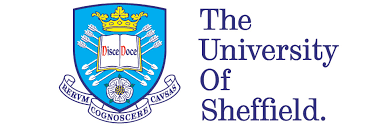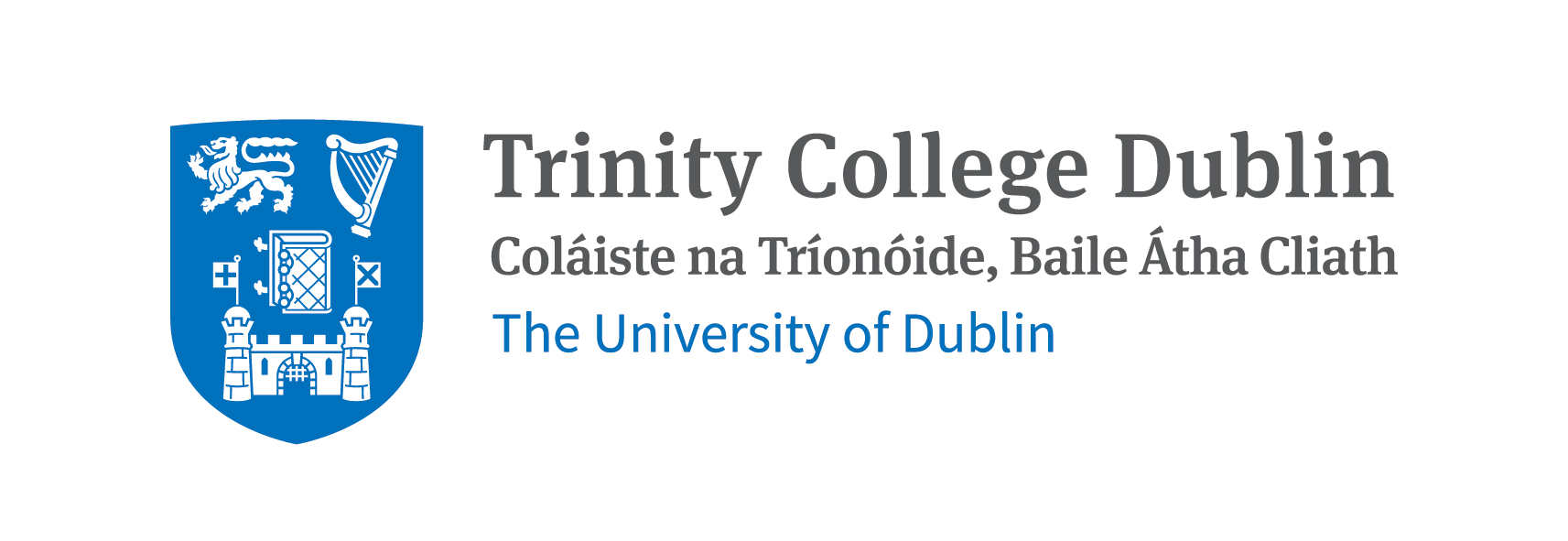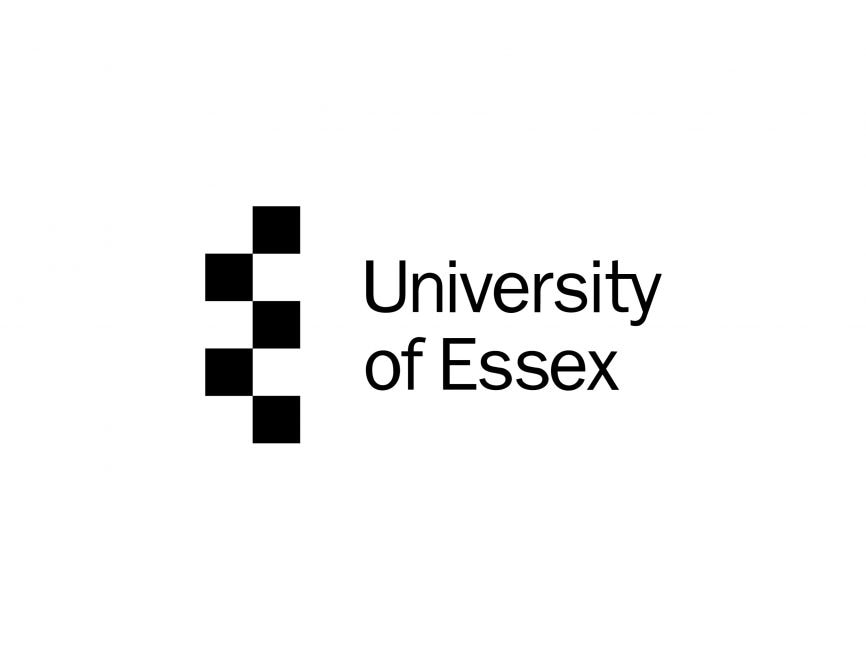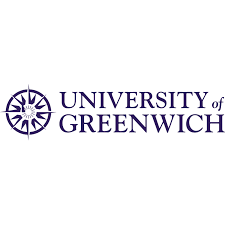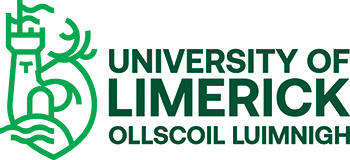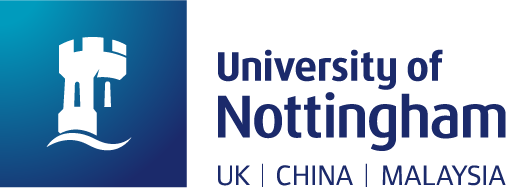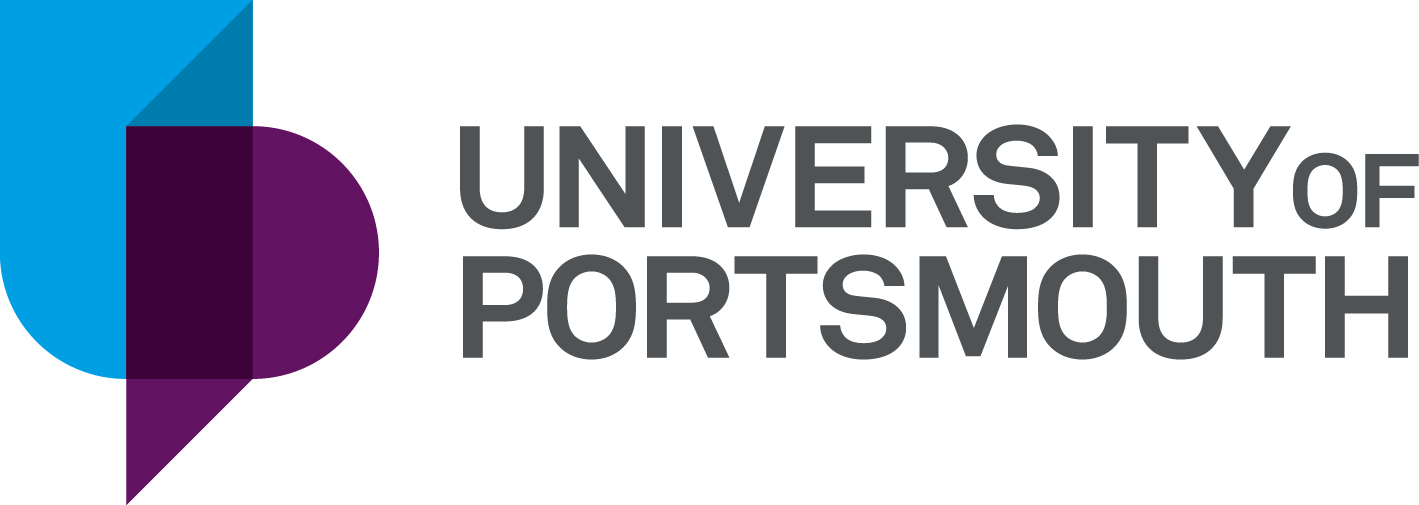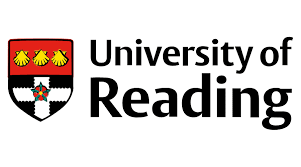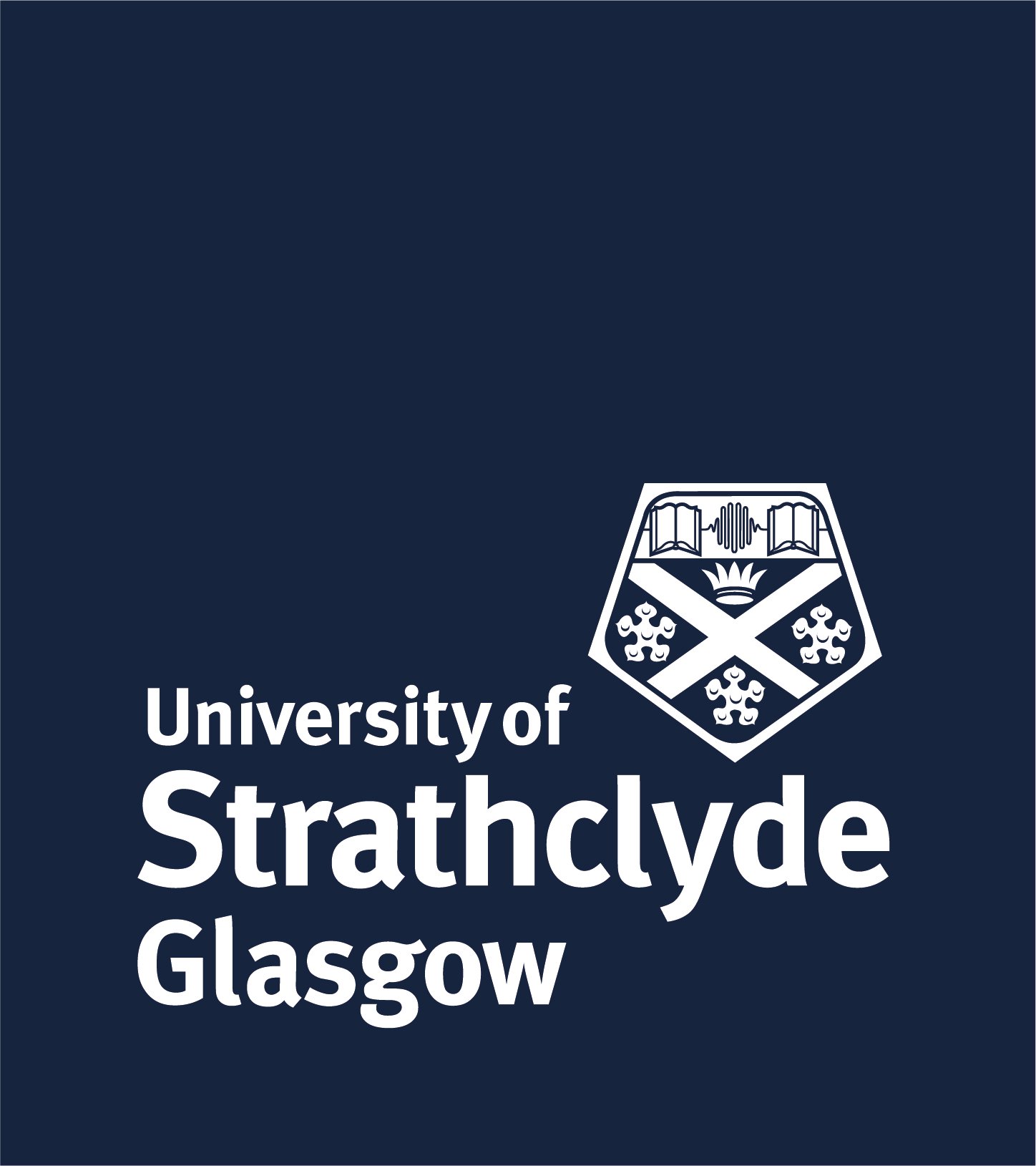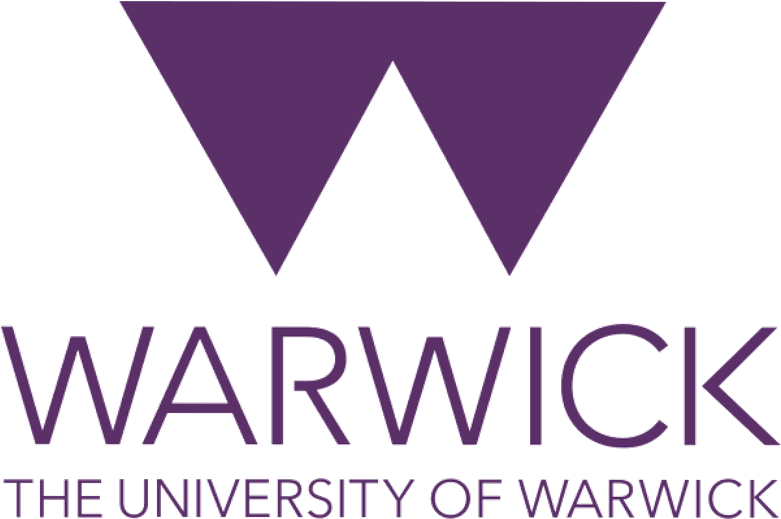Applied Linguistics
Unlock the Power of Language: Study Applied Linguistics Abroad
Are you passionate about languages, communication, and how they shape our world? Applied Linguistics is the perfect field for Indian students seeking to explore the practical applications of linguistic theories. This interdisciplinary course bridges the gap between language studies and real-world challenges, making it an ideal choice for those aiming to study abroad. Whether you're interested in teaching English as a second language, language policy, or computational linguistics, pursuing Applied Linguistics overseas offers unparalleled opportunities for growth, research, and career advancement.
For Indian students, studying Applied Linguistics abroad means immersing yourself in diverse linguistic environments, gaining international credentials, and building a global network. With the rise of multilingualism in India and the demand for language experts worldwide, this course equips you with skills that are highly valued in education, technology, and international relations. Let's dive into what makes Applied Linguistics a rewarding path for your study abroad journey.
What is Applied Linguistics?
Applied Linguistics is a dynamic field that applies linguistic principles to solve practical problems in society. Unlike theoretical linguistics, which focuses on the structure of language, applied linguistics emphasizes real-life applications such as language teaching, translation, and language in media or forensics.
Key Focus Areas Include:
- Second Language Acquisition: Understanding how people learn languages other than their native tongue, crucial for ESL (English as a Second Language) programs.
- Language Teaching and Pedagogy: Developing effective methods for teaching languages in diverse classrooms.
- Sociolinguistics: Examining how social factors influence language use, including dialects and language variation in multicultural societies.
- Psycholinguistics: Exploring the cognitive processes behind language comprehension and production.
- Computational Linguistics: Integrating technology with language, such as in AI-driven translation tools and natural language processing (NLP).
- Discourse Analysis: Studying language in context, from conversations to political speeches.
In essence, Applied Linguistics empowers you to address global issues like language barriers in migration, digital communication, and inclusive education. For Indian students, this field resonates deeply, given India's linguistic diversity with over 22 official languages and the growing need for bilingual professionals.
Why Study Applied Linguistics Abroad as an Indian Student?
Studying abroad in Applied Linguistics exposes you to cutting-edge research and methodologies not always available in India. International programs often feature collaborations with global experts, advanced labs, and fieldwork in multilingual settings. Here's why it's a smart choice:
- Global Exposure: Experience linguistic diversity firsthand in countries like the UK, USA, Australia, or Canada, enhancing your cross-cultural communication skills.
- Enhanced Employability: Degrees from abroad are recognized worldwide, giving you an edge in competitive job markets back home or internationally.
- Research Opportunities: Access to prestigious scholarships and projects on topics like Indian English varieties or language policy in South Asia.
- Cultural Adaptation: Develop resilience and adaptability, valuable for Indian students navigating new environments.
- Networking: Connect with peers and professors from around the world, opening doors to internships and collaborations.
Moreover, the post-study work visa options in many countries allow you to gain practical experience, bridging your academic knowledge with professional demands.
Top Destinations for Applied Linguistics Programs
Choosing the right destination can transform your educational experience. Here are some of the best countries for Indian students, known for their strong linguistics departments and supportive environments:
| Country | Top Universities | Why Ideal for Indian Students? | Average Tuition (per year, in USD) |
|---|---|---|---|
| United Kingdom | University of Edinburgh, Lancaster University, University College London | Rich history in linguistics; scholarships like Chevening for Indians; short program durations (1-year MA). | 20,000 - 30,000 |
| United States | Georgetown University, University of California (Berkeley), Columbia University | Diverse campuses; funding via TA/RA positions; strong focus on TESOL (Teaching English to Speakers of Other Languages). | 25,000 - 50,000 |
| Australia | University of Melbourne, Macquarie University, University of Sydney | Multicultural society; post-study work visa up to 4 years; emphasis on applied language in Asia-Pacific contexts. | 20,000 - 35,000 |
| Canada | University of Toronto, McGill University, University of British Columbia | Bilingual environment (English/French); affordable living; pathways to permanent residency. | 15,000 - 30,000 |
These destinations offer a blend of academic rigor and student support, including Indian student associations and language exchange programs to ease your transition.
Curriculum Overview
A typical Applied Linguistics program, whether at the master's or PhD level, is structured to build both theoretical knowledge and practical skills. Most courses span 1-2 years and include a mix of lectures, seminars, and independent research. Here's a sample curriculum for a Master's in Applied Linguistics:
- Core Modules:
- Introduction to Applied Linguistics
- Research Methods in Linguistics
- Second Language Acquisition Theories
- Elective Modules:
- Language Testing and Assessment
- Corpus Linguistics and Data Analysis
- Bilingualism and Multilingualism
- Language and Technology (e.g., Machine Translation)
- Practical Components:
- Internships in language schools or NGOs
- Dissertation or Thesis on a topic of your choice, such as "The Role of Hindi in English Language Learning in India"
- Workshops on teaching methodologies
Programs often incorporate hands-on projects, like developing language apps or analyzing social media discourse, preparing you for innovative careers.
Career Opportunities and Prospects
Graduates in Applied Linguistics enjoy versatile career paths across sectors. The demand for language specialists is booming, especially with globalization and digital transformation. For Indian students, this means opportunities to contribute to India's language tech ecosystem or work abroad.
Popular Career Options:
- Language Teacher/Educator: Teach English or other languages in schools, universities, or online platforms. Average salary: $40,000 - $60,000 USD annually.
- Translator/Interpreter: Work in international organizations like the UN or tech firms. In India, roles at companies like Google or Microsoft pay ₹8-15 lakhs per year.
- Lexicographer/Content Developer: Create dictionaries, educational materials, or AI language models.
- Language Policy Advisor: Influence government policies on multilingual education or media.
- Computational Linguist: Develop NLP tools for chatbots or voice assistants; high demand in Silicon Valley or Bangalore's IT hubs.
- Researcher/Academic: Pursue PhDs and teach at top institutions.
| Job Role | Key Skills Required | Average Starting Salary (USD) | Growth Potential |
|---|---|---|---|
| ESL Teacher | Pedagogy, Cultural Sensitivity | 35,000 | High (Global Demand) |
| NLP Specialist | Programming, Data Analysis | 70,000 | Very High (Tech Boom) |
| Policy Analyst | Research, Sociolinguistics | 50,000 | Moderate (NGO/Govt Roles) |
With experience, salaries can exceed $100,000 USD, and returning to India opens doors to roles in edtech startups like Byju's or government language initiatives.
Scholarships and Funding Options for Indian Students
Financing your studies abroad doesn't have to be daunting. Many scholarships target Indian students in humanities fields like Applied Linguistics:
- Commonwealth Scholarships (UK): Full funding for master's programs; covers tuition, living expenses, and travel.
- Fulbright-Nehru Scholarships (USA): Supports research and study; ideal for linguistics projects.
- Endeavour Scholarships (Australia): Up to AUD 140,000 for tuition and stipend.
- Vanier Canada Graduate Scholarships: CAD 50,000 per year for doctoral research.
- University-Specific Aid: Merit-based grants at institutions like Edinburgh (up to 50% tuition waiver).
- Indian Government Schemes: ICCR scholarships for cultural exchange programs.
Additionally, part-time jobs as teaching assistants or freelance translators can help cover costs. Always check eligibility on official websites and apply early.
How to Apply for Applied Linguistics Programs Abroad
Applying as an Indian student is straightforward with proper preparation. Follow these steps:
- Research Programs: Use platforms like QS Rankings or Studyportals to shortlist courses aligning with your interests.
- Meet Entry Requirements: Bachelor's degree in linguistics, English, or related field (GPA 3.0+); IELTS/TOEFL scores (6.5+); some programs require GRE.
- Prepare Documents: Statement of Purpose (SOP) highlighting your passion for language; CV; 2-3 Letters of Recommendation; transcripts.
- Apply Online: Deadlines vary (e.g., January for fall intake); fees around $50-100.
- Secure Visa: Student visa requires proof of funds, acceptance letter, and health insurance. For Indians, processing takes 4-8 weeks.
- Seek Guidance: Consult education agents or our website for personalized advice.
Tip: Tailor your SOP to show how your Indian background (e.g., experience with code-switching in Hindi-English) adds unique value to the program.
Conclusion: Your Gateway to a Linguistic Future
Embarking on an Applied Linguistics course abroad is more than an education—it's a transformative adventure that sharpens your mind and opens global doors. For Indian students, it's a chance to blend your cultural insights with international expertise, contributing to a more connected world. With strong curricula, diverse opportunities, and ample support, now is the time to take the leap. Explore our study abroad resources, connect with alumni, and start your application today. Your voice in the world of languages awaits!


